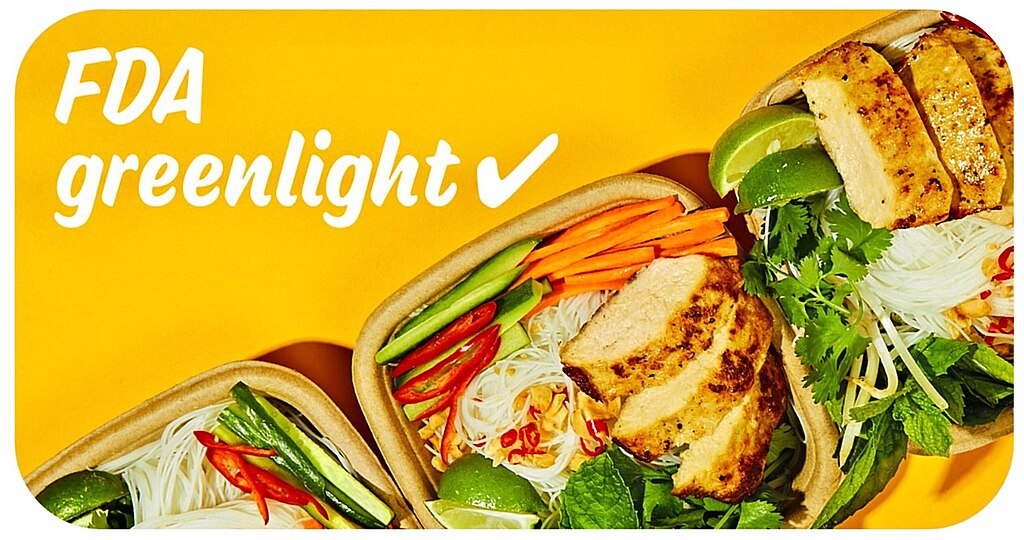
TECHNOLOGY OF SPECIFIC PRODUCTS
This refers to the methods and processes used in the production, preservation, and processing of meat and meat products. It involves a combination of biological, chemical, and engineering principles to ensure that meat is safe, nutritious, and of high quality. Under the broader category of the Technology of Specific Products, meat technology focuses on improving the characteristics of meat, extending shelf life, ensuring food safety, and creating value-added products.
- Teacher: mwongela mueni

Food Science and Technology is an interdisciplinary field that applies principles of biology, chemistry, physics, engineering, and nutrition to understand the nature of food, its components, and how they change during processing, storage, and consumption. The course typically covers:
-
Food Composition and Nutrients: Study of the chemical structure and functions of food components such as carbohydrates, proteins, fats, vitamins, and minerals. Focus on how these nutrients affect human health and nutrition.
-
Food Processing: Exploration of various techniques used to process food, such as heat treatment (pasteurization, sterilization), fermentation, drying, and packaging, to ensure safety, extend shelf life, and maintain nutritional value.
-
Food Microbiology: Understanding the role of microorganisms in food spoilage, fermentation, and foodborne diseases. Emphasis on food safety, sanitation, and the control of harmful pathogens.
-
Food Quality and Safety: Methods for assessing food quality, including sensory analysis (taste, texture, appearance), as well as quality control practices to meet health regulations and ensure food safety.
-
Food Engineering: Application of engineering principles to food production, including thermodynamics, fluid mechanics, and materials science in the design of food processing equipment and optimization of production processes.
-
Emerging Technologies: Introduction to new technologies such as biotechnology, nanotechnology, and food innovations aimed at improving food production, preservation, and sustainability.
-
Food Product Development: The process of designing new food products, considering consumer preferences, market trends, and technological constraints, while ensuring nutritional value and safety.
- Teacher: mwongela mueni